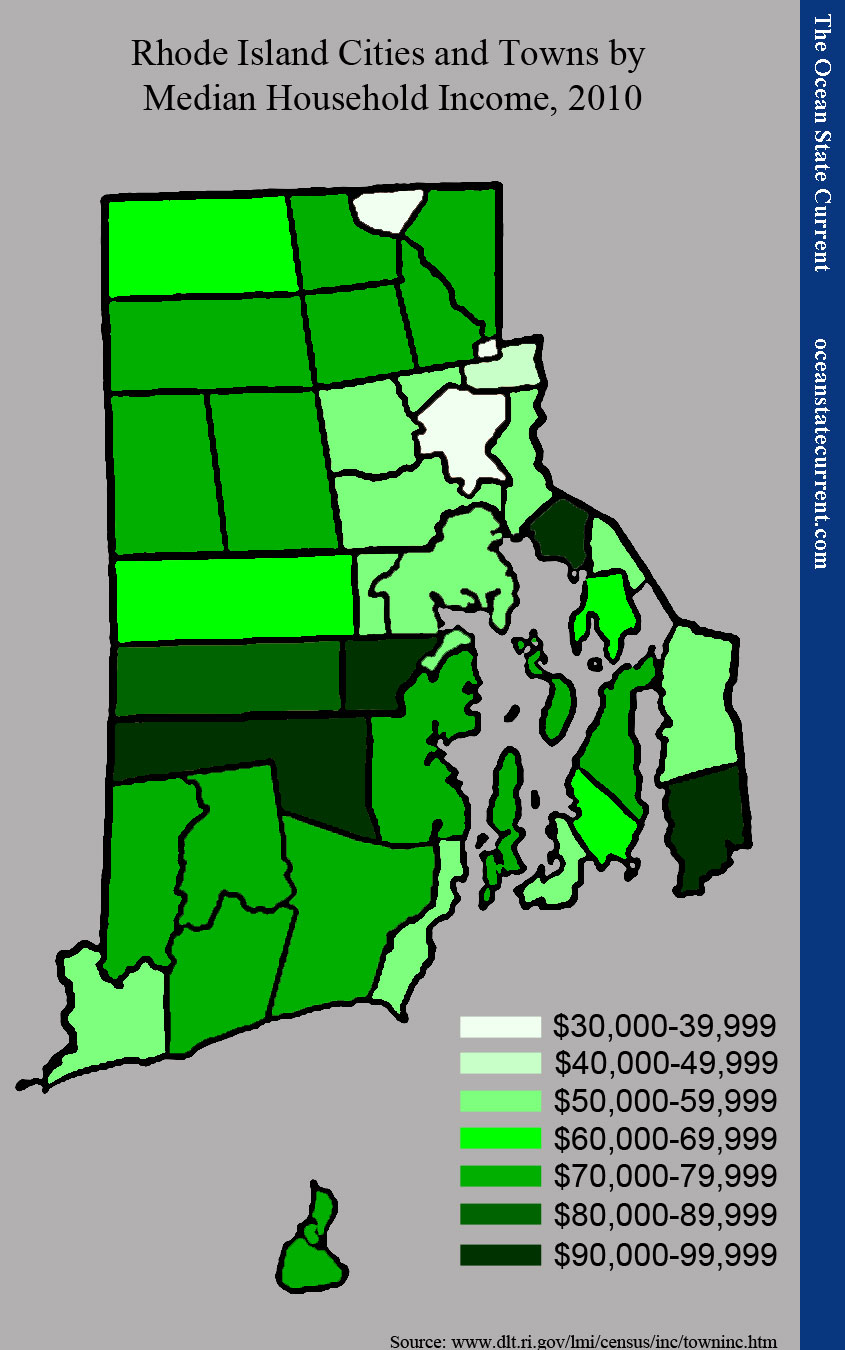In this article, Finn is enunciating that there are two kinds of literacy education, the functional (which is recieved by working class students) and the empowering (which is recieved by the wealthy students). As with many of the other articles we have been reading, this one proves the fact that there is a huge discrepancy between the classes, and discusses how to bridge that gap as well as who is responsible for creating the discrepancy.
This article also discusses who is to blame for that gap, as the Kozol article did; Is it those stuck in the unempowered situation, or are the rich responsible for intentionally placing them and keeping them in this unempowered place, or, is it not a person or group doing so intentionally, but rather the systems we are all involved in. The Finn article seems to support the idea we discussed in class that not one person or class is intentionally belittling another, but that it is more accurately the systems.
"A conspiracy? No. The beliefs, attitudes, and behaviors of the poor have contributed as much to the present state of affairs as those of the elite. We all participate in this social system as if it were natural, the way things were meant to be. In the past 25 years many scholars have abandoned the fruitless search for heartless conspirators among the Carnegies and Rockerfellers and have been trying instead to figure out what happened- what social dynamics and mechanisms have led to the present state of affairs." (preface)
I pulled this quote because it resonnated with what we have been discovering related to the culture of power and SCWAAMP. As Delpit says, those power are often least aware of their power, and as Finn says, least likely to desire changes because the current systems serve them well.
"The status quo is the status quo because those who have the power to make changes are comfortable with the way things are. It takes energy to make changes, and the energy must come from the people who will benefit from the change. But the working class does not get powerful literacy is necessary for the struggle. How can the cycle be broken?" (preface)
Also on the subject of COP and Delpit, I also found a story Finn shared interesting. That as a white lit teacher of predominently black students, his teaching method was very authoritarian to maintain control. And a black teacher of black students accross the hall taught in a different method that worked better for the students. She taught in their natural culture if you will, while Finn was trying to teach them the Culture of Power of the world around them. I also saw a connection in this story to Dr. Emdin, when he discussed black students having better success in segregated schools pre- Brown V. Board because the teaching methods worked for them.
I also want to draw attention to pages 9 to 21, to the discussion of what occured in schools of differenct socio-economic bacgrounds, ranging from working class to executive elite he called them. While the children in these classes were not dramatically different in IQ, the education they were recieving, and the skills they walked away with were. I found it so enlightening to see this broken down in such a straight forward way. To really be able to see that socio-economics places kids and schools into this caste system, and makes sure that each generation follows in the footsteps of their parents, with few breaking out of the mold. The systems in place work to keep all the slots in society filled, to keep the country running smoothly. This section was intriguing to read for me, because I come from a pretty working class family, but due to situation, we live in a very affluent town, and my schooling was that of upper middle class students.
 "The working class children were learning to follow directions and do mechanical, low paying work, but at the same time they were learning to resist authority in ways sanctioned by their community. The middle class children were learning to follow orders and do the mental work that keeps society producing and running smoothly.... the affluent professional children were learning to create products and art... they were learning to find rewards in work itself and to negotiate from a powerful position with those (the executive elite) who make the final decisions on how real capital is allocated. The executive elite children? They were learning to be masters of the universe." (p. 20)
"The working class children were learning to follow directions and do mechanical, low paying work, but at the same time they were learning to resist authority in ways sanctioned by their community. The middle class children were learning to follow orders and do the mental work that keeps society producing and running smoothly.... the affluent professional children were learning to create products and art... they were learning to find rewards in work itself and to negotiate from a powerful position with those (the executive elite) who make the final decisions on how real capital is allocated. The executive elite children? They were learning to be masters of the universe." (p. 20)
You did a great job connecting Finn's work to the other readings in class. Great job!
ReplyDelete